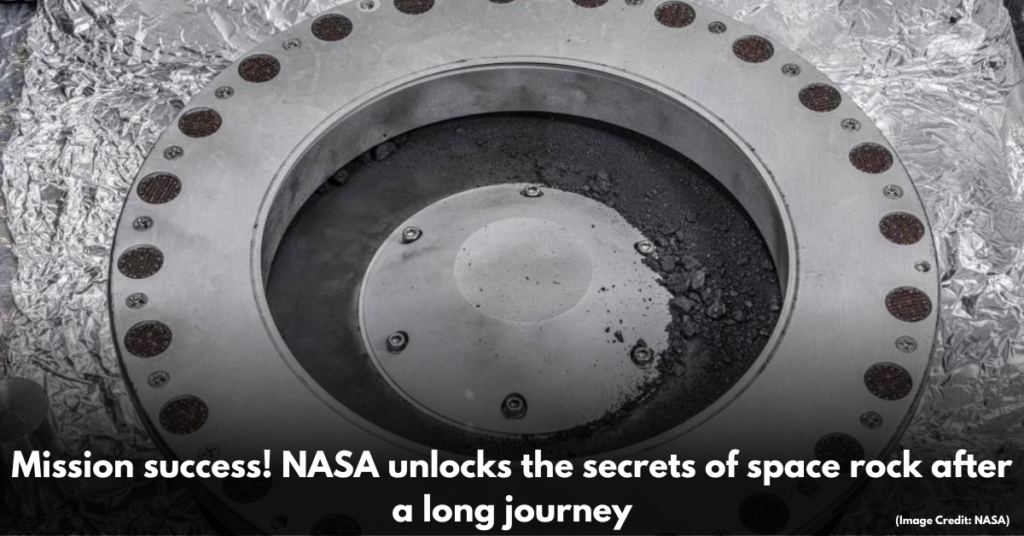Space elevators: A Brighter Future for Space Travel
Space elevators would make it easier and cheaper for people to explore space. Alberto de la Torre, an assistant professor of physics at Northeastern University, is supporting it. He imagines a towering structure that extends from Earth’s surface into space, with a cable made of advanced materials like carbon nanotubes that connects the two ends. Using electricity, the elevator could take people and things into space, cutting down on the need for expensive rocket fuel and damaging the environment.
Materials Beyond Steel
The technical viability of such a structure is being looked at closely, since normal materials like steel don’t have the capacity to handle the tension that is needed. Researchers are looking into other materials that show promise, like boron nitride nanotubes, diamond nanothreads, graphene, and carbon nanotubes. These materials have high tensile strength and a low density. But getting these nanoscale properties to work on structures of this size is still a problem that researchers are working to solve.
Despite these problems, it is clear that space elevators could be good for the economy. Sending things beyond geostationary orbit could become much cheaper, which would make space travel more affordable. Buying a space elevator might cost a lot at first, but it could save you a lot of money in the long run, making it a very good investment.
A Long-Term Investment
As engineering, materials science, and space technology keep getting better, the space elevator remains an exciting possibility for making people able to travel through space. There are many ways that a space elevator could change the way we explore space. It could eliminate the need for expensive rocket launches and open up new areas for science, business, and even space tourism. The space elevator could also be a key step toward future space colonization efforts, making it possible for people to live permanently on other celestial bodies.



